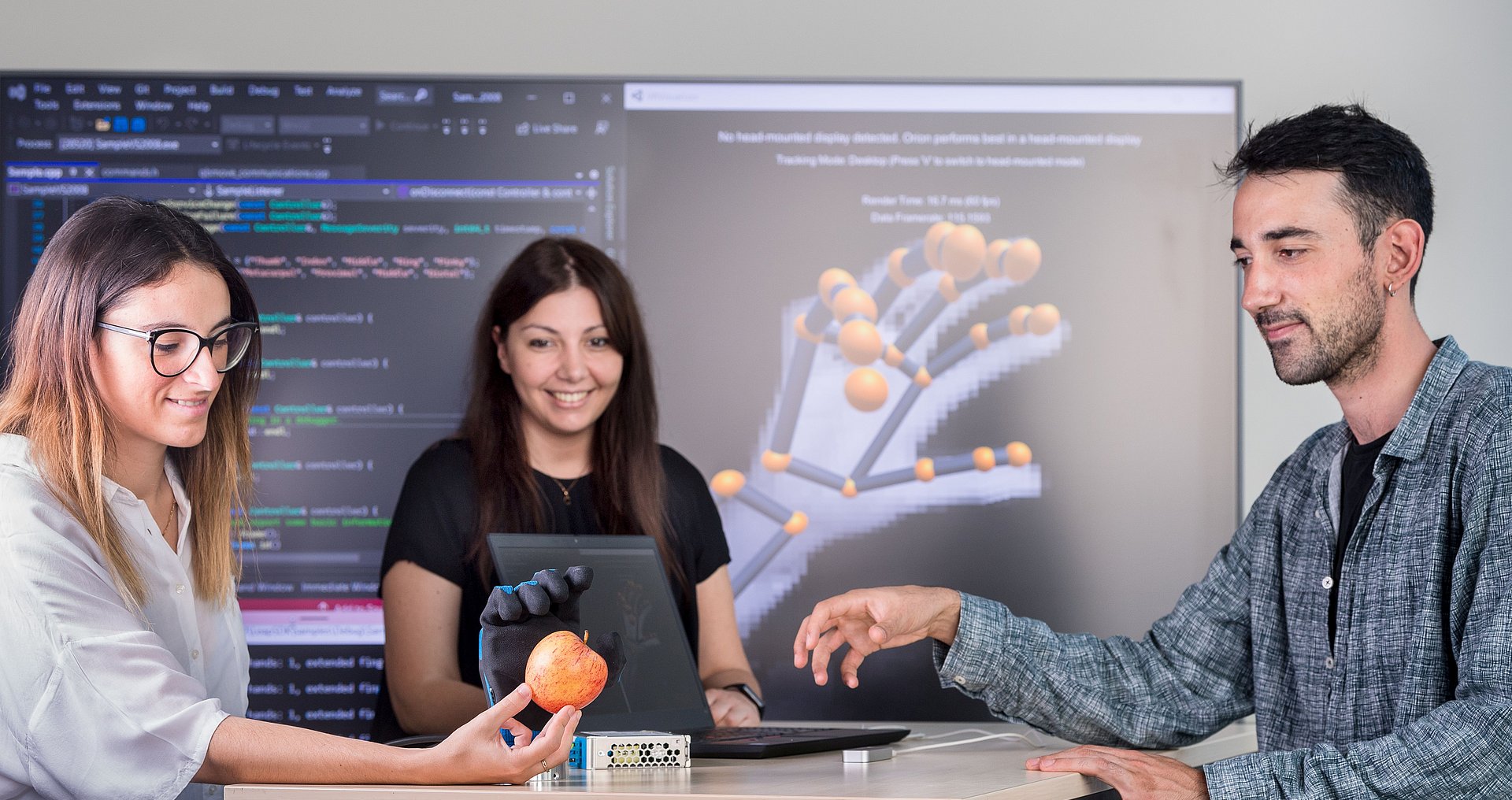Evaluation and promotion
Successful evaluations according to transparent criteria are the prerequisite for advancement in the career system and for successful completion of the tenure-track phase.

TUM Faculty Tenure Track is a performance-driven, step-up career system extending along the full academic career path. Candidates start with a temporary position (assistant professor, W2), can be made permanent with progression to pay scale W3 after six years (associate professor) and can finally attain the rank of a full professor (W3) with an individually defined salary and work package (needs/merit system).
TUM regularly evaluates the performance of its professors using transparent, binding criteria. These academic evaluations are carried out in line with best international practice. They are an central quality management element of the university's faculty recruitment and career system. The results of the evaluations determine whether promotion is merited in this university’s performance-based career system.
- The evaluation is carried out, in consultation with external reviewers, by evaluation committees at school level, the university-wide TUM Appointment and Tenure Board (Rules of Procedure, PDF 820 KB) and the TUM Executive Board, with the assistance of external experts.
- The policies defined in the document "Evaluation Policies for the TUM Faculty Recruitment and Career System (PDF 3,4 MB; English text starting on p. 9)" are binding for reviewing the performance of professors. They provide additional clarification of the rules contained in the Statute for Quality Management (PDF 10 MB) that applies to the TUM Faculty Recruitment and Career System.
Scope of these evaluation principles
The evaluation policies for the TUM Faculty Recruitment and Career System define the binding criteria used to assess the performance of professors. They are used to evaluate:
- the eligibility for tenure of assistant professors
- the promotion of associate professors to full professors.
- They also apply for direct appointments of associate and full professors.
Evaluation categories and criteria
The professor performance review is divided into three categories: Research & Development • Academic Teaching • Academic Engagement. Depending on the career grade, the performance expectations vary within each of these evaluation categories. Irrespective of career grade, professors are expected to proactively contribute to the development of their school and the university as a whole in addition to furthering their personal development as researchers and lecturers.
Criteria have been defined for each of the three categories (Research & Development • Academic Teaching • Academic Engagement) to evaluate the candidates in line with international benchmarks for each discipline. This ensures that binding assessment standards are established (transparency requirement) and that these form the basis of the personal evaluations (binding requirement).
Based on the international assessment benchmarks for the discipline in question, the following criteria shall be applied to all performance evaluations. Adequate consideration will be given to the career stage (“academic age”), the discipline, and the personal circumstances of the candidate (e.g., parental leave, commitments to family members requiring care, and other services to the community).
Research and development
For the evaluation of performance in the Research & Development category, the following criteria are weighted highly: the originality / creativity of the candidate’s work, the quality of their publications, the support they have given to young scientists, and the candidate’s academic development potential. In each case, the performance is benchmarked against international peers.
- New methodological and conceptual developments
- Originality and creativity of the scientific work produced and quality of clinical skills in international comparison
- Publications with substantial own contribution in peer-reviewed journals and conference contributions (peer-review)
- International reputation: Invitations to speak at international conferences (key note / plenary lectures), prizes / awards, research professorships, scholarships (e.g. AvH)
- Scientific development potential in international comparison
- Third-party funding acquired in competitive procedures (EU, DFG, BMBF, AiF, industry, foundations, etc.)
- Interdisciplinary collaborative research: spokespersonship or participation in coordinated research projects (e.g. SFBs, RTGs, EU, BMBF or AiF collaborative projects)
- Promotion of young scientists (e.g. successful supervision of doctoral and post-doctoral students, quality of follow-up positions and professional careers of graduates)
- Technical innovation capability: registration, granting and exploitation of patents, initiation of technology transfer projects and company spin-offs
Information and training resources to enhance your publication profile